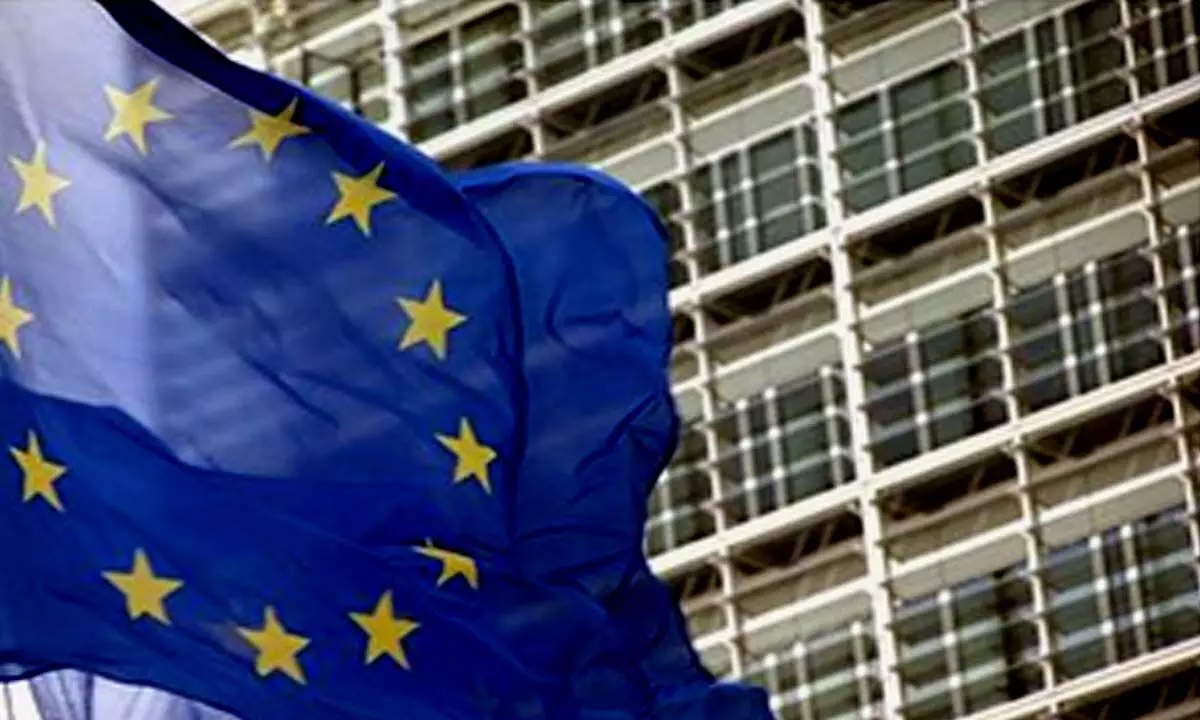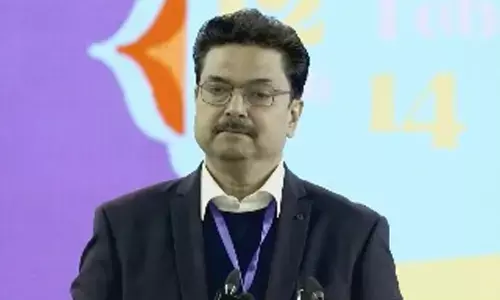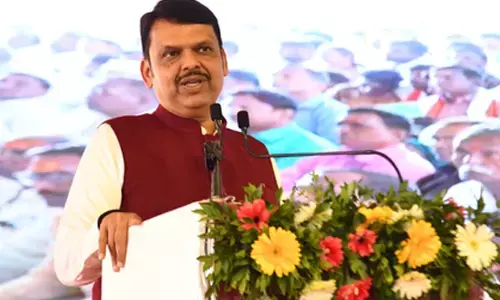EU countries agree to new Russian sanctions package
Share :

EU member states have agreed to a new package of sanctions on Russia, aimed largely at cracking down on loopholes that circumvent existing measures, the Belgian EU presidency announced on Thursday.
Brussels: EU member states have agreed to a new package of sanctions on Russia, aimed largely at cracking down on loopholes that circumvent existing measures, the Belgian EU presidency announced on Thursday.
"This package provides new targeted measures and maximises the impact of existing sanctions by closing loopholes," the Belgian presidency posted on X.
Since the full-scale Russian invasion of Ukraine, the European Union has targeted the Russian economy, institutions, and officials linked to the war with multiple rounds of sanctions.
As the invasion drags on, Russia has worked hard to circumvent the punitive measures, to secure more resources for their military and to keep their economy running.
At the same time, the EU and other Western countries, including the US, are concerned loopholes in the sanctions undermine compliance from companies doing business with Russia.
The EU punitive measures are intended, in particular, to prevent Russia from obtaining Western technology that the defence industry can use to manufacture weapons for the war in Ukraine.
Approval of the latest - 14th - sanctions package was delayed by several days, as diplomats in Brussels cited German concerns over business regulation as the main reason why negotiations took so long to finalise.
German Chancellor Olaf Scholz acknowledged at the weekend that Berlin was concerned such sanctions could potentially penalise Germany's export-oriented firms.
EU countries pushing for decisive action on sanctions evasion, however, pointed to European Commission estimates that products worth millions of euros were still being delivered to Russia via subsidiaries of European companies, despite sanctions in place to stop this.
EU diplomats said a compromise was eventually reached, allowing measures halting exports to Russia to not apply to subsidiaries for the time being.
This so-called "No-Russia" clause requires EU companies to contractually prohibit the re-export of certain categories of sensitive goods to Russia, including goods related to aviation, jet fuel, and firearms.
EU foreign ministers meeting on Monday must formally adopt the sanctions for them to take effect.
EU diplomats said the latest package also contains plans to target Russia's multi-billion dollar liquefied natural gas (LNG) sector for the first time.
Ports such as Zeebrugge in Belgium are to be banned from being used to ship Russian LNG to countries outside of the EU, according to diplomats.
Belgium chaired the negotiations on the new round of sanctions as the current holder of the rotating EU presidency.







